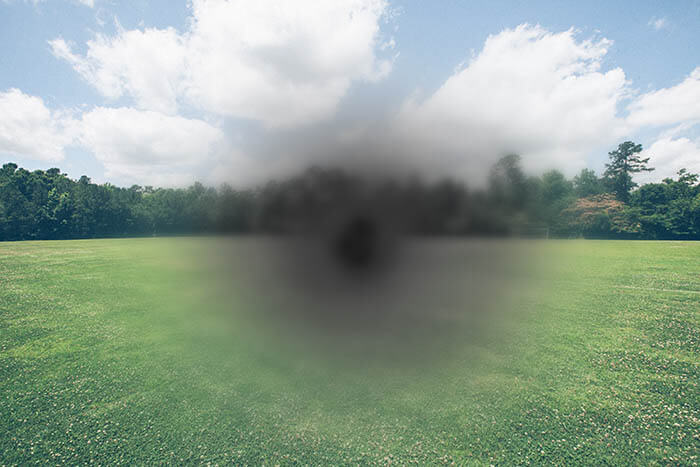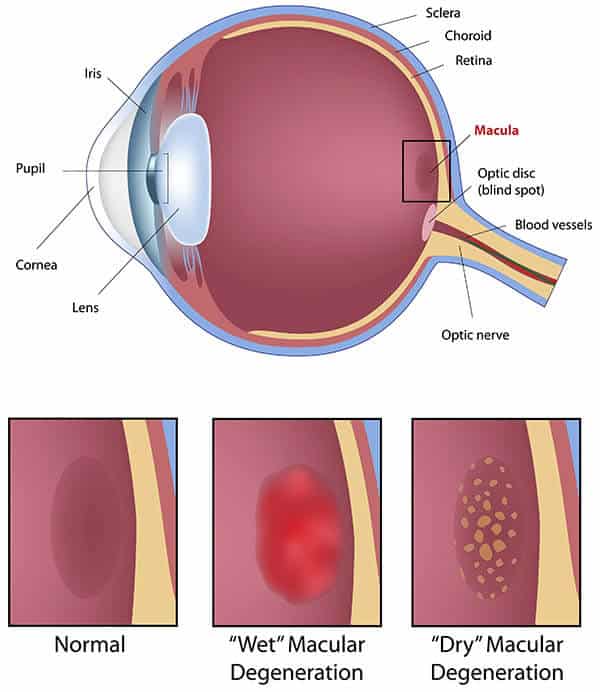Macular Degeneration
Macular Degeneration
Understanding Macular Degeneration: Overview, Types, and Impact
Macular degeneration, also known as age-related macular degeneration (AMD), is a progressive eye condition that affects the macula, the central part of the retina responsible for sharp, central vision. AMD is a leading cause of vision loss among older adults and can significantly impact daily activities such as reading, driving, and recognizing faces.


Types: There are two main types of macular degeneration:
- Dry AMD: Dry AMD is the most common form of the disease, accounting for about 90% of cases. It is characterized by the gradual breakdown of cells in the macula, resulting in the formation of small yellow deposits called drusen. As dry AMD progresses, central vision may become blurry or distorted.
- Wet AMD: Wet AMD is less common but more severe than dry AMD. It occurs when abnormal blood vessels grow beneath the macula and leak fluid or blood, causing rapid and severe vision loss if left untreated. Wet AMD can lead to the development of scar tissue and permanent damage to the macula.
The impact of macular degeneration on vision and daily life can vary depending on the stage and type of the disease. While early-stage AMD may cause minimal symptoms, advanced AMD can significantly impair central vision, making it difficult to perform tasks that require fine detail and visual acuity.
Macular Degeneration Care and Treatments
Comprehensive Eye Exams: Regular eye exams are essential for the early detection and monitoring of macular degeneration. These exams may include visual acuity testing, dilated retinal examination, optical coherence tomography (OCT), and fluorescein angiography to assess the health of the macula and detect any signs of disease progression.
Lifestyle Modifications: Adopting a healthy lifestyle can help reduce the risk of macular degeneration progression and preserve vision. Recommendations may include eating a nutrient-rich diet high in antioxidants and omega-3 fatty acids, maintaining a healthy weight, exercising regularly, avoiding smoking, and protecting the eyes from harmful UV radiation.
Nutritional Supplements: Studies have shown that certain nutritional supplements, such as vitamins C and E, zinc, copper, lutein, and zeaxanthin, may help slow the progression of intermediate to advanced dry AMD and reduce the risk of vision loss.

Frequently Asked Questions About Macular Degeneration Care
At All Eye Care, P.A., we’re dedicated to providing compassionate and comprehensive macular degeneration care to help you preserve your central vision and maintain independence. Schedule your appointment with Dr. Rugwani today and take proactive steps toward protecting your vision for years to come.

